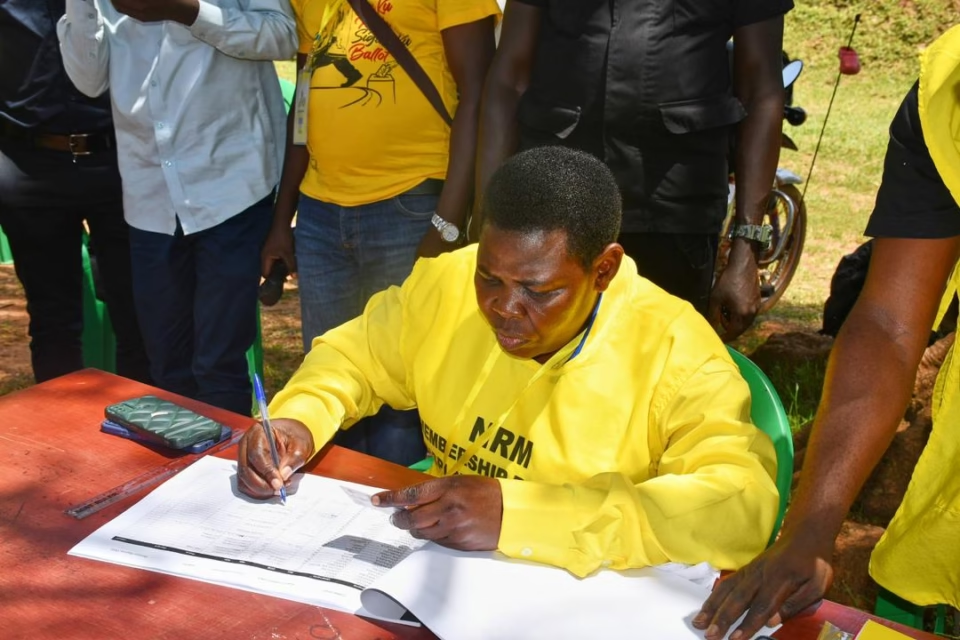It was supposed to be a defining day for David Kintu. Standing outside the Kintintale Zone 11 polling station, the parliamentary hopeful was ready to cast his vote — a vote he believed would help change the future of Nakawa East.
Instead, he was met with a painful shock.
“My name wasn’t there,” he said quietly, disbelief etched across his face. “I was nominated by the NRM’s own election commission chairperson, Dr. Tanga Odoi. How can I be nominated if I’m not on the register?”
Kintu wasn’t alone. As the morning wore on, frustration turned to fury as dozens of his supporters, many elderly or having traveled long distances, were also turned away after discovering their names missing from the voter roll.
One of them, Victor Bwire, had arrived early and stood patiently in line. “I’ve been an NRM supporter for years. Voting is my right,” he said. “But today, I felt like I didn’t belong. They told me I’m not on the list. How? Why?”
The sense of betrayal was widespread. Kintu believes the omissions weren’t accidental. “This feels coordinated,” he said, his voice rising with emotion. “It’s a deliberate attempt to silence me — and silence the people who believe in what I stand for.”
As news of the missing names spread through Nakawa East, tempers flared. What began as a procedural setback quickly spiraled into chaos. At some polling stations, including in Banda and Kyambogo, verbal altercations broke out. In Kitintale, security was forced to step in when arguments turned aggressive.
Kintu, visibly emotional, addressed his supporters. “We will not be bullied out of this process,” he said before urging them to leave the polling station in protest — a decision that further strained relations with election officials and police.
Edwin Benesa, the Deputy Resident City Commissioner for Nakawa Division, confirmed disturbances in multiple areas, linking most of them to the missing names issue. “People feel cheated,” he said. “And that anger is real.”
Across Uganda, the NRM primaries were meant to be a showcase of democratic strength within the ruling party. But in places like Nakawa East, the experience left many feeling erased and unheard.
“Voting is not just about politics,” said Bwire, still lingering near the polling station hours later. “It’s about identity. And today, they took that from us.”



